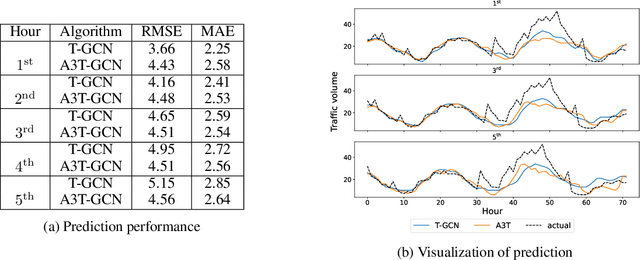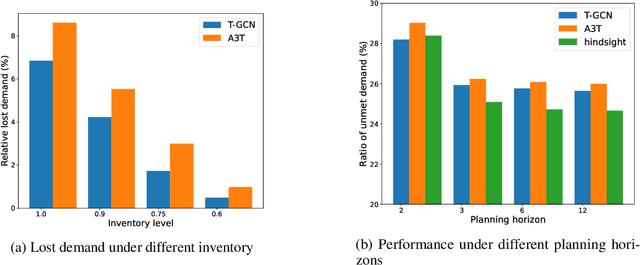Linyu Liu
Uncertainty Estimation and Quantification for LLMs: A Simple Supervised Approach
Apr 24, 2024



Abstract:Large language models (LLMs) are highly capable of many tasks but they can sometimes generate unreliable or inaccurate outputs. To tackle this issue, this paper studies the problem of uncertainty estimation and calibration for LLMs. We begin by formulating the uncertainty estimation problem for LLMs and then propose a supervised approach that takes advantage of the labeled datasets and estimates the uncertainty of the LLMs' responses. Based on the formulation, we illustrate the difference between the uncertainty estimation for LLMs and that for standard ML models and explain why the hidden activations of the LLMs contain uncertainty information. Our designed approach effectively demonstrates the benefits of utilizing hidden activations for enhanced uncertainty estimation across various tasks and shows robust transferability in out-of-distribution settings. Moreover, we distinguish the uncertainty estimation task from the uncertainty calibration task and show that a better uncertainty estimation mode leads to a better calibration performance. In practice, our method is easy to implement and is adaptable to different levels of model transparency including black box, grey box, and white box, each demonstrating strong performance based on the accessibility of the LLM's internal mechanisms.
Facilitating Battery Swapping Services for Freight Trucks with Spatial-Temporal Demand Prediction
Oct 01, 2023



Abstract:Electrifying heavy-duty trucks offers a substantial opportunity to curtail carbon emissions, advancing toward a carbon-neutral future. However, the inherent challenges of limited battery energy and the sheer weight of heavy-duty trucks lead to reduced mileage and prolonged charging durations. Consequently, battery-swapping services emerge as an attractive solution for these trucks. This paper employs a two-fold approach to investigate the potential and enhance the efficacy of such services. Firstly, spatial-temporal demand prediction models are adopted to predict the traffic patterns for the upcoming hours. Subsequently, the prediction guides an optimization module for efficient battery allocation and deployment. Analyzing the heavy-duty truck data on a highway network spanning over 2,500 miles, our model and analysis underscore the value of prediction/machine learning in facilitating future decision-makings. In particular, we find that the initial phase of implementing battery-swapping services favors mobile battery-swapping stations, but as the system matures, fixed-location stations are preferred.
 Add to Chrome
Add to Chrome Add to Firefox
Add to Firefox Add to Edge
Add to Edge